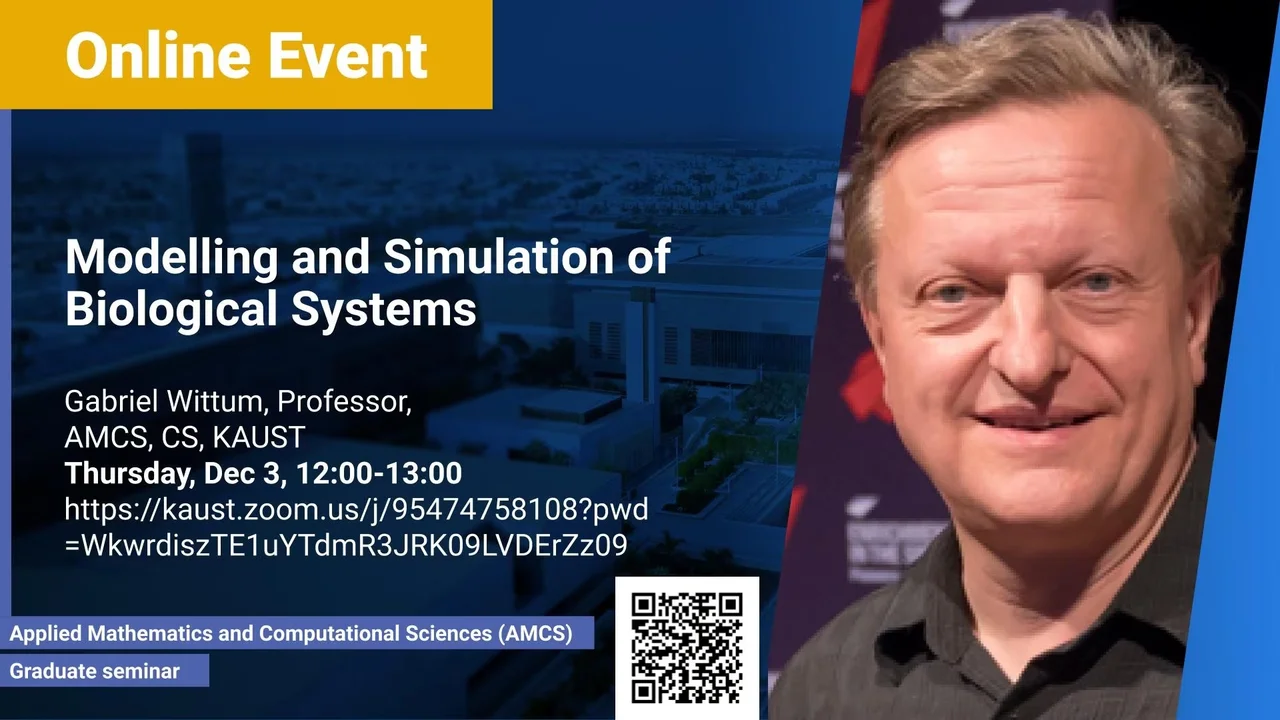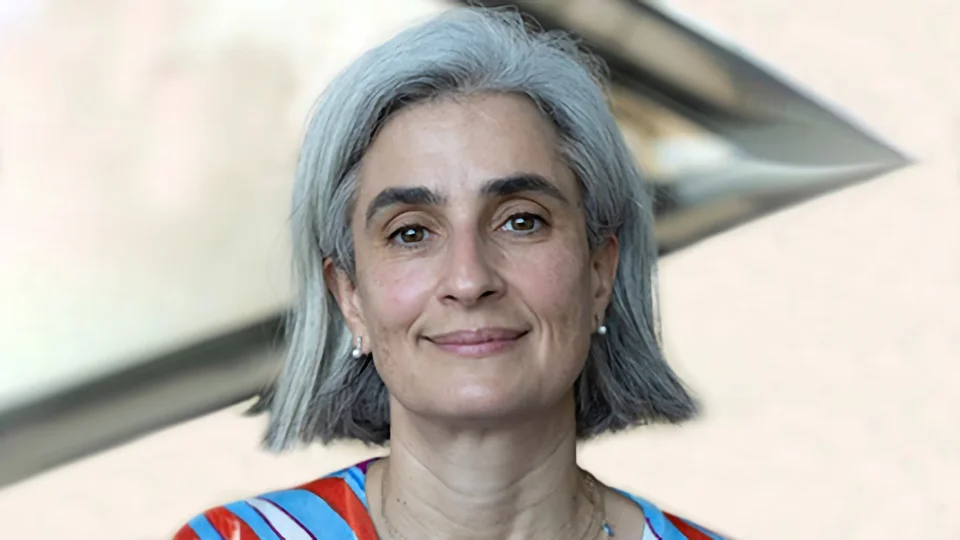
Modelling and Simulation of Biological Systems - 2020-12-03
Biological systems are distinguished by their enormous complexity and variability. That is why mathematical modeling and computational simulation of those systems is very difficult, in particular thinking of detailed models which are based on first principles. The difficulties start with geometric modeling which needs to extract basic structures from highly complex and variable phenotypes, on the other hand also has to take the statistic variability into account. Moreover, the models of the processes running on these geometries are not yet well established, since these are equally complex and often couple many scales in space and time. Thus, simulating such systems always means to put the whole frame to test, from modelling to the numerical methods and software tools used for simulation. These need to be advanced in connection with validating simulation results by comparing them to experiments.
Overview
Abstract
Biological systems are distinguished by their enormous complexity and variability. That is why mathematical modeling and computational simulation of those systems is very difficult, in particular thinking of detailed models which are based on first principles. The difficulties start with geometric modeling which needs to extract basic structures from highly complex and variable phenotypes, on the other hand also has to take the statistic variability into account. Moreover, the models of the processes running on these geometries are not yet well established, since these are equally complex and often couple many scales in space and time. Thus, simulating such systems always means to put the whole frame to test, from modelling to the numerical methods and software tools used for simulation. These need to be advanced in connection with validating simulation results by comparing them to experiments.
To treat problems of this complexity, novel mathematical models, methods, and software tools are necessary. In recent years, such models, numerical methods, and tools have been developed, allowing to attack these problems. The School will introduce into the models, the algorithms and demonstrate the effect of such advanced modeling and simulation approach in practical problems from the life sciences. In the talk we present examples as paradigms for the process of modeling and simulation in biosciences.
Brief Biography
Gabriel Wittum holds professorships for Applied Mathematics, Computational Science and Computer Science at KAUST, Saudi Arabia, and for Modelling and Simulation at Frankfurt University, Germany. His research covers robust and scalable multigrid methods, simulation software systems, modeling and simulation of problems from transdermal penetration of pharmaceuticals, of signal processing in neurons, of biogas production plants, of porous media flow, etc. He has run numerous projects also in collaboration with enterprises e.g. ABB, Boston Consulting, Commerzbank, Daimler-Benz, GICON, GRS, Porsche and many more. For his scientific work, he has been honored with the Heinz-Maier-Leibnitz price and the doIT Software Award. He authored over 200 scientific publications.
